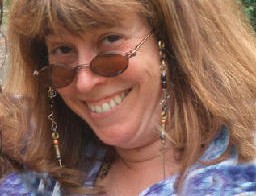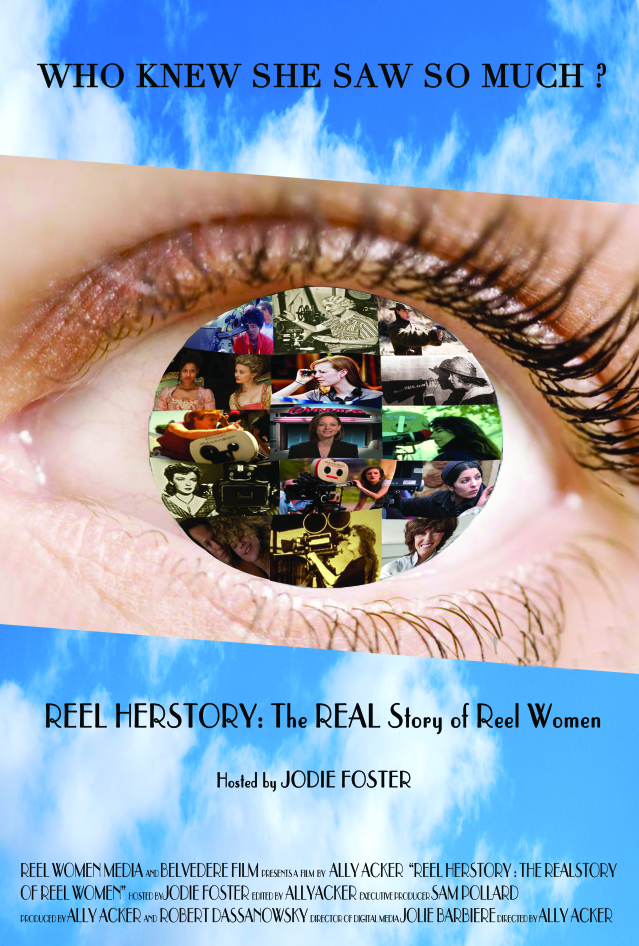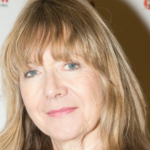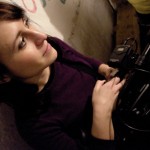FilmDoo’s interviews with Female Directors continues! Read our interview with Ally Acker, American director of Reel Herstory: The Real Story of Reel Women and writer who dedicated more than three decades researching the contribution and heritage of female filmmakers to the cinema.
Prolific American documentary director and writer Ally Acker entered film and TV industry in the late 1970s, at the height of women’s movement. This, and the tutorship of a future Oscar-nominated documentary director Samuel D. Pollard, was enough to cement Acker’s dearest wish to become a filmmaker herself.
Acker started out as an assistant editor in TV, when “film was still that tactile stuff you touched, felt, cut into a zillion pieces, and placed into bins”. Determined to work in the film industry, Acker started searching for female role models who worked behind the cinema. Only there were very few – or at least that was what the film history books suggested.
But times were changing fast: by the early 1980s, Acker had nabbed a job as an editor at NBC and proceeded to field producing for The Today Show, women were granted the power in the industry they had not had ever before. Sherry Lansing was appointed the head of 20th Century Fox; women like Joan Micklin Silver (Hester Street), Claudia Weill (Girlfriends), Elaine May (Mikey and Nicky) were directing movies.
“It was a heady time,” Acker says. “We all thought this “˜new wave’ of women filmmakers, would mean that in thirty years time (today), the number of women directing would be equal to that of men, and that the stories of women’s lives would proliferate on the big screen.”
Using the zeitgeist of the moment, Acker pitched an idea of making five-part series on women working behind the scenes in films to her boss at the time, Steve Friedman. She would go on to doing interviews with many female filmmakers, including Lillian Gish, Dede Allen and affront-mentioned Sherry Lansing. But the real challenge arouse when Acker attempted to find any historic footage of women directing films at the dawn of the cinema.
Seemingly, there wasn’t any.
It did nothing to dispirit Acker. She contacted a renowned American film historian, Marc Wanamaker at Bison Archives, and gained access to many unmarked, unidentified photographs of women on the set in the early days of movies, clearly in positions of authority. But not even Wanamaker could help her identify most of them.
The question of who those women were would occupy the better part of the next two decades of Acker’s life. In 1989, she finished a book, Reel Women: Pioneers of the Cinema (updated in 2012 to two volumes, as Reel Women: The First Hundred Years); but what she was really after was making a film on female filmmakers. That’s how the thirty-year production began.
“So the project really began in the mid-1980’s, and in a sense, it never stopped,” Acker says.
Because of the many movie clips featured in the movie, her documentary was turning out to be something TV producers call a clip show nightmare, presenting Acker with a considerable budget obstacle. She would work on the project whenever she had an opportunity, eventually self-funding most of the in-kind services.
As the project was being developed, Jolie Barbiere, a producer at Enteractive, optioned Acker’s book and started lobbing for an A-list actress, Jodie Foster, to step in as hostess. It took a year of negotiations before the actress said “˜yes’.
“I have so much respect for Jodie Foster,” Acker says. “She is conscious of how men and women, and the roles they play, are portrayed on the big screen, and she’s aware of how those portrayals can effect the culture at large.”
Acker says that she never meant for her work to be known as “women’s film history.” In her view, as soon as one segregates and relegates a piece of history to its own corner, “it becomes diminutive, and somehow less important”. She points out that with Reel Herstory, her aim was to complete an incomplete film history and integrate it.
Acker, who is starting her own film organisation The Reel Women Trust Foundation, has a powerful message for aspiring female filmmakers trying to advance their careers in Hollywood.
“As far as I’m concerned, women filmmakers should stop wasting their energies hoping that Hollywood will mend its ways. What’s the point of beating a dead horse? We should focus instead on gathering our resources and maybe creating our own Hollywood, a women’s Hollywood, where female supported monies direct, distribute, and promote female-directed stories about men and women who are whole beings.”
Reel Herstory: The Real Story of Reel Women will hit American film festivals this fall.







Dear Ally, , I am so proud of you. This is marvelous. All best blessings. Gloria Orenstein